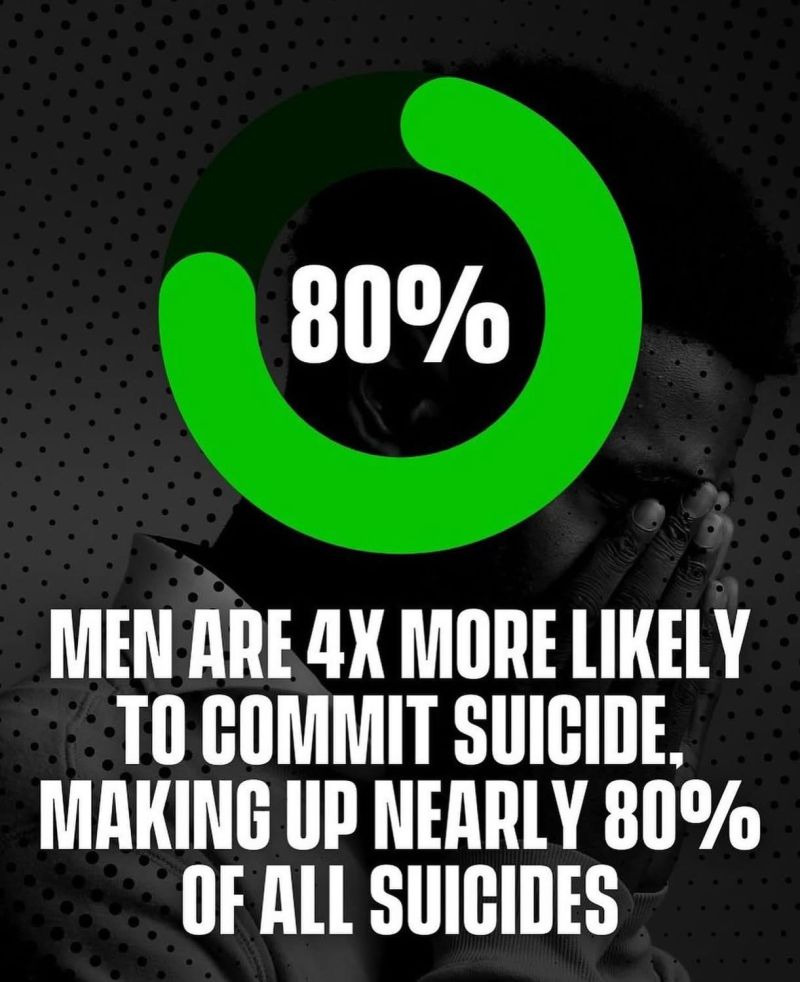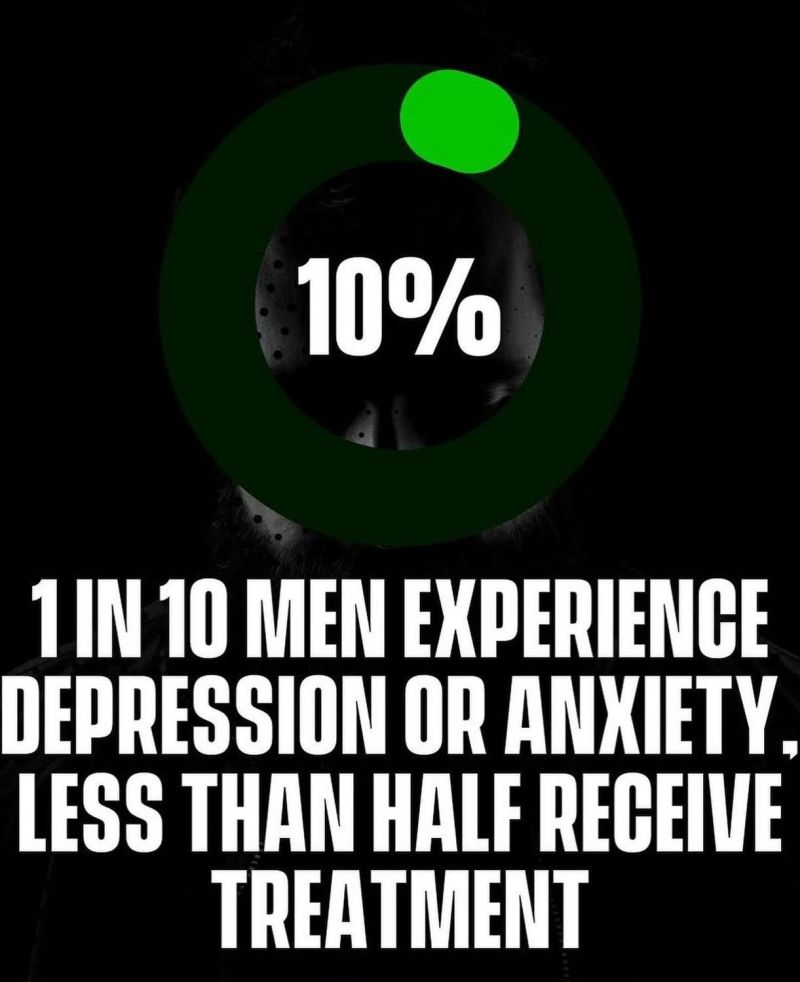Contrary to popular belief: Men and women experience all emotions at similar levels.
We know this because toddlers of all genders throw tantrums with the same intensity.
But something begins to shift as boys grow older.
From an early age, boys are taught—explicitly and implicitly—that to be a “real man” is to embody:
• Strength
• Mental toughness
• Self-reliance
• A stoic disposition
In most cultures, masculinity is framed in opposition to vulnerability.
To express emotion is to risk being seen as weak, inadequate, or less of a man.
Ever heard these?
• “Man up.”
• “Stop whining like a b***h.”
• “You throw like a girl.”
These aren’t just phrases, they are social scripts.
Scripts that teach young boys to suppress, to bottle up, and to stay silent.
As men grow older, many carry that emotional weight alone.


They:
• Say “I’m good” when they’re struggling.
• Smile when they feel like crying.
• Numb the pain with alcohol, substances, or isolation.
Because somewhere deep inside, they were told:
“If you’re not tough, you’re nothing.”
But the consequences are dire.
• Men account for over 80% of suicides in the United States.
• Roughly 38,000 men die by suicide every year—that’s one every 15 minutes.
These are not “weak” men. These are sons, brothers, fathers, friends, and colleagues.
And for every man who dies, thousands more are screaming in silence.
Let this be more than a reminder. Let it be a call to action:
Normalize vulnerability.
Create spaces where boys and men can be fully human.
Teach emotional literacy, not just emotional toughness.
Really check in with the men in your life.
Happy Men’s Mental Health Month!
Let’s break the silence—together.